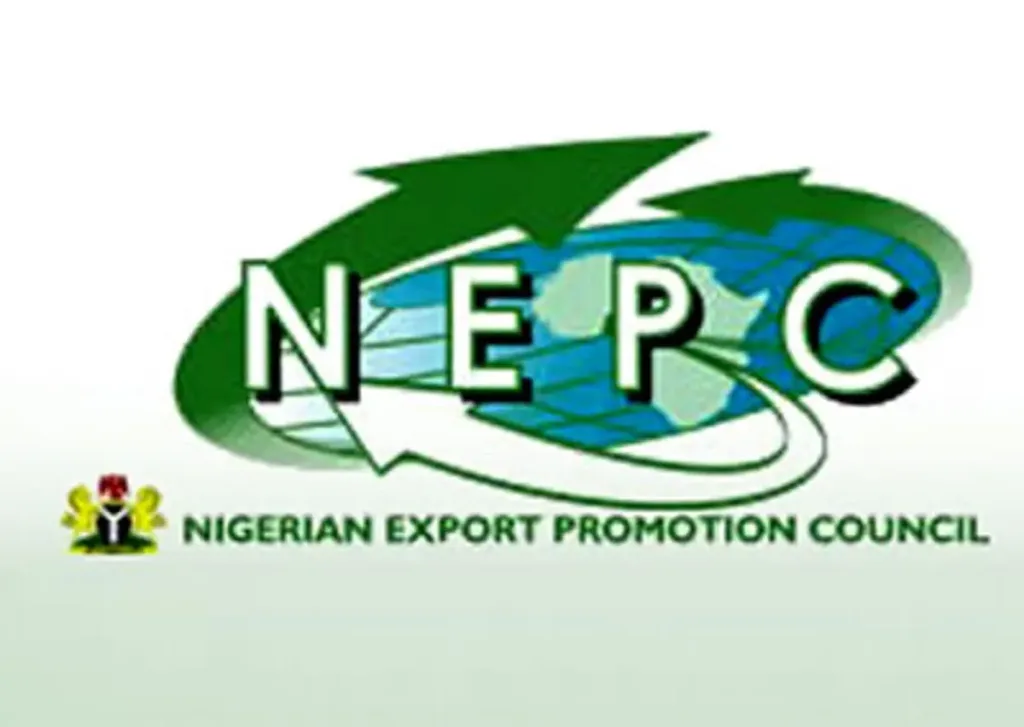The Nigerian Export Promotion Council (NEPC) has intensified its efforts to curb the use of paraquat, a highly toxic herbicide banned in several countries, in the country’s agricultural sector. This move comes after international buyers issued fresh warnings over chemical contamination in Nigerian exports, particularly sesame.
The campaign is a response to threats by foreign importers to halt purchases of Nigerian sesame due to excessive paraquat residues found in recent shipments. The Japan Oil & Fat Importers & Exporters Association and Japanese authorities reported these findings, prompting the NEPC to take action. Similar alerts were also issued through the European Union’s Rapid Alert System for Food and Feed, which flagged repeated incidents of Salmonella and chemical contamination in sesame consignments destined for several European countries.
To address these concerns, the NEPC’s Product Development Department organized a sensitization and awareness program on Good Agricultural Practices, Good Handling Practices, Good Storage Practices, and Sanitary and Phytosanitary Standards in Jalingo, Taraba State. The event brought together key stakeholders, including officials from the National Agency for Food and Drug Administration and Control, the Standards Organisation of Nigeria, and the National Sesame Seed Association of Nigeria, among others.
Speaking at the forum, the NEPC Director of Product Development emphasized the urgent need to eliminate paraquat use from the sesame value chain to safeguard Nigeria’s export reputation. He stressed that strict adherence to international standards is crucial to ensuring Nigerian sesame remains competitive and safe for consumers worldwide.
As part of the awareness drive, the NEPC delegation paid courtesy visits to traditional leaders in two major sesame-producing communities in Taraba State, reportedly known for paraquat use. The traditional leaders pledged to support the council’s campaign by helping sensitize farmers and enforce compliance with safer agricultural practices.
The NEPC has reaffirmed its commitment to protecting Nigeria’s export markets and promoting sustainable, globally accepted agricultural production methods. The council’s efforts aim to ensure that Nigerian exports meet international standards, thereby maintaining the country’s reputation as a reliable supplier of safe and quality products. By addressing the issue of paraquat use, the NEPC hopes to prevent potential bans on Nigerian sesame and protect the livelihoods of farmers who rely on the crop for their income.
